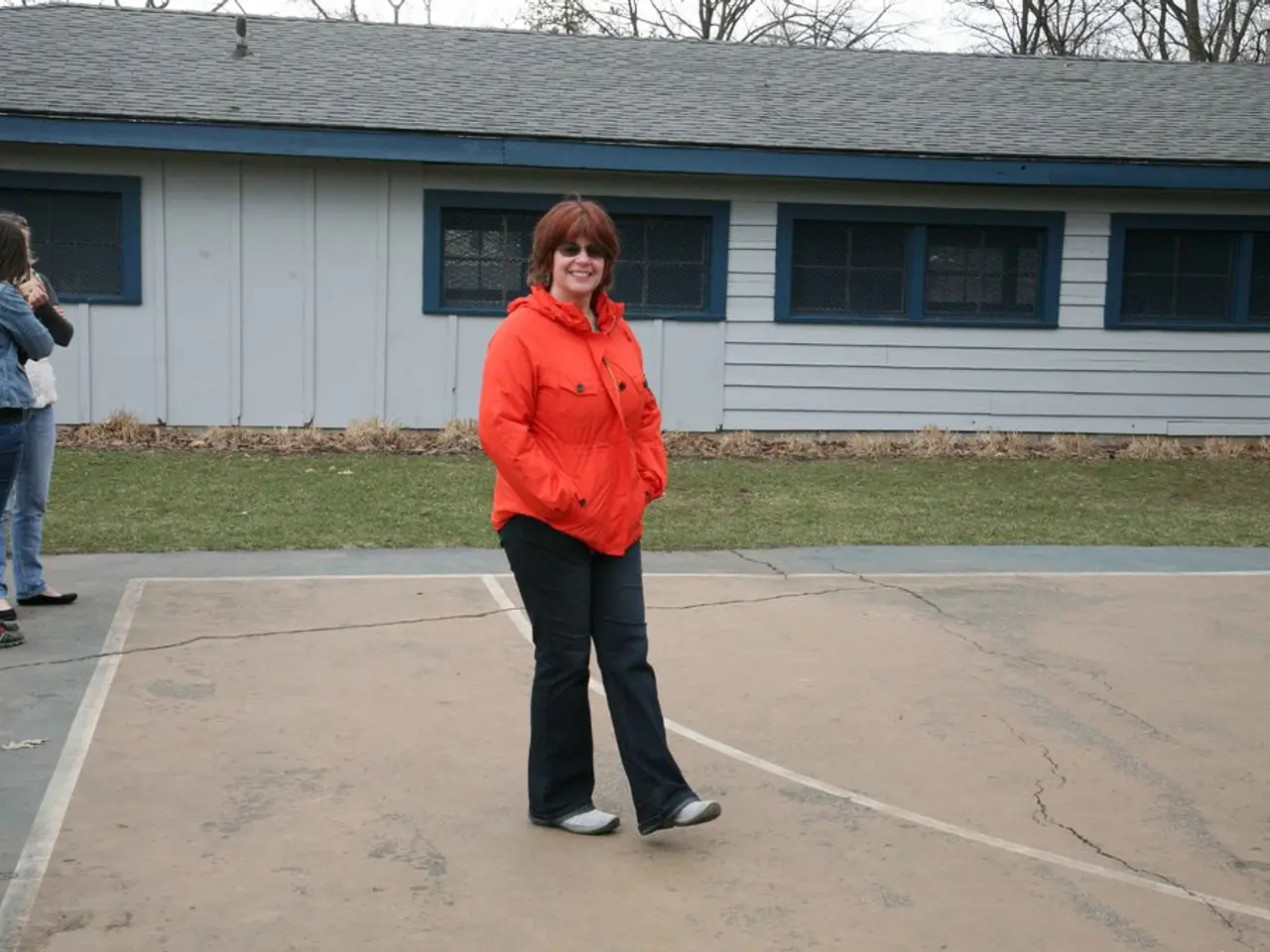District Judges in Kerala advised to stay vigilant against repeated appeals causing contradictory court rulings
In a significant move, the Kerala High Court has initiated Suo Motu proceedings against the State of Kerala and others, aiming to address the issue of duplicate filings of appeals, revision petitions, and other similar proceedings. This action comes in response to a case where a convict managed to file two appeals in the same case, leading to conflicting judgments—one confirming conviction and another granting acquittal by suppressing the prior dismissal.
To address this issue, the Court issued strict directions, including:
- District Judges must manually verify whether any earlier proceedings exist before accepting and numbering any new appeal or revision petition to prevent duplicate case filings.
- Principal District Judges are tasked to personally supervise registry practices, ensuring no duplicate appeals or revisions are entertained and avoiding procedural lapses.
- The Registrar (District Judiciary) was directed to circulate the judgment and these instructions to all Principal District Judges across the state to ensure consistent application.
- The police and prosecutors were instructed to inform about prior relevant cases to prevent concealment of earlier proceedings.
The High Court also imposed a cost of ₹1 lakh on the accused who used duplicity to evade conviction, signaling deterrence and accountability. Copies of the order were sent to the Home Secretary and State Police Chief to coordinate systemic prevention in criminal justice processes.
Justice Kunhikrishnan, who made the observation regarding the case, emphasized that avoiding multiplicity of appeals and revisions is a shared responsibility of courts, lawyers, litigants, court registries, and police, to protect the integrity of the criminal justice system and prevent conflicting judgments in the same case.
This suo motu action underscores systemic vigilance and enhanced procedural safeguards to prevent abuse through duplicate filings of appeals and ensure judicial coherence and fairness. Senior public prosecutor Seetha S appeared for the State.
The Court's decision is a step towards ensuring that the criminal justice system functions efficiently and effectively, minimizing the possibility of conflicting judgments and maintaining the trust of the public in the judicial process.
Read also:
- Discussion between Putin and Trump in Alaska could potentially overshadow Ukraine's concerns
- Court petitions to reverse established decision on same-sex marriage legalization
- Independence supporters in New Caledonia refuse agreement offering authority without a vote on sovereignty
- Proposed Standardization of Food Labeling Laws Among Member States by the Commission








